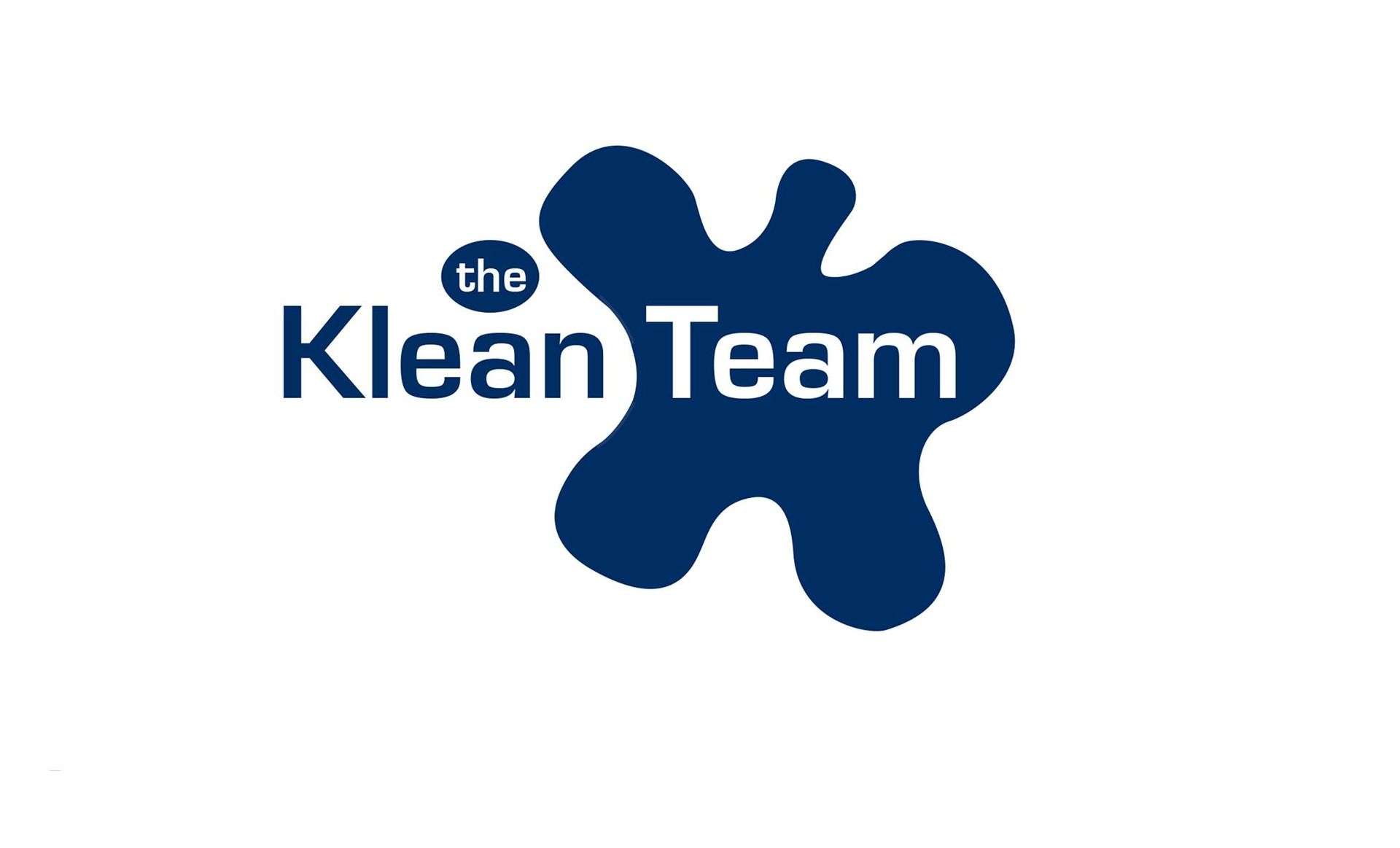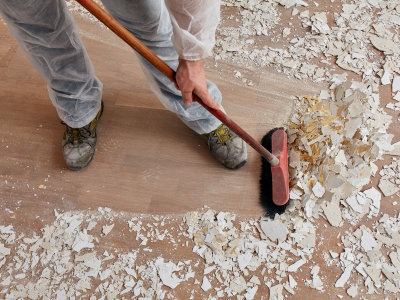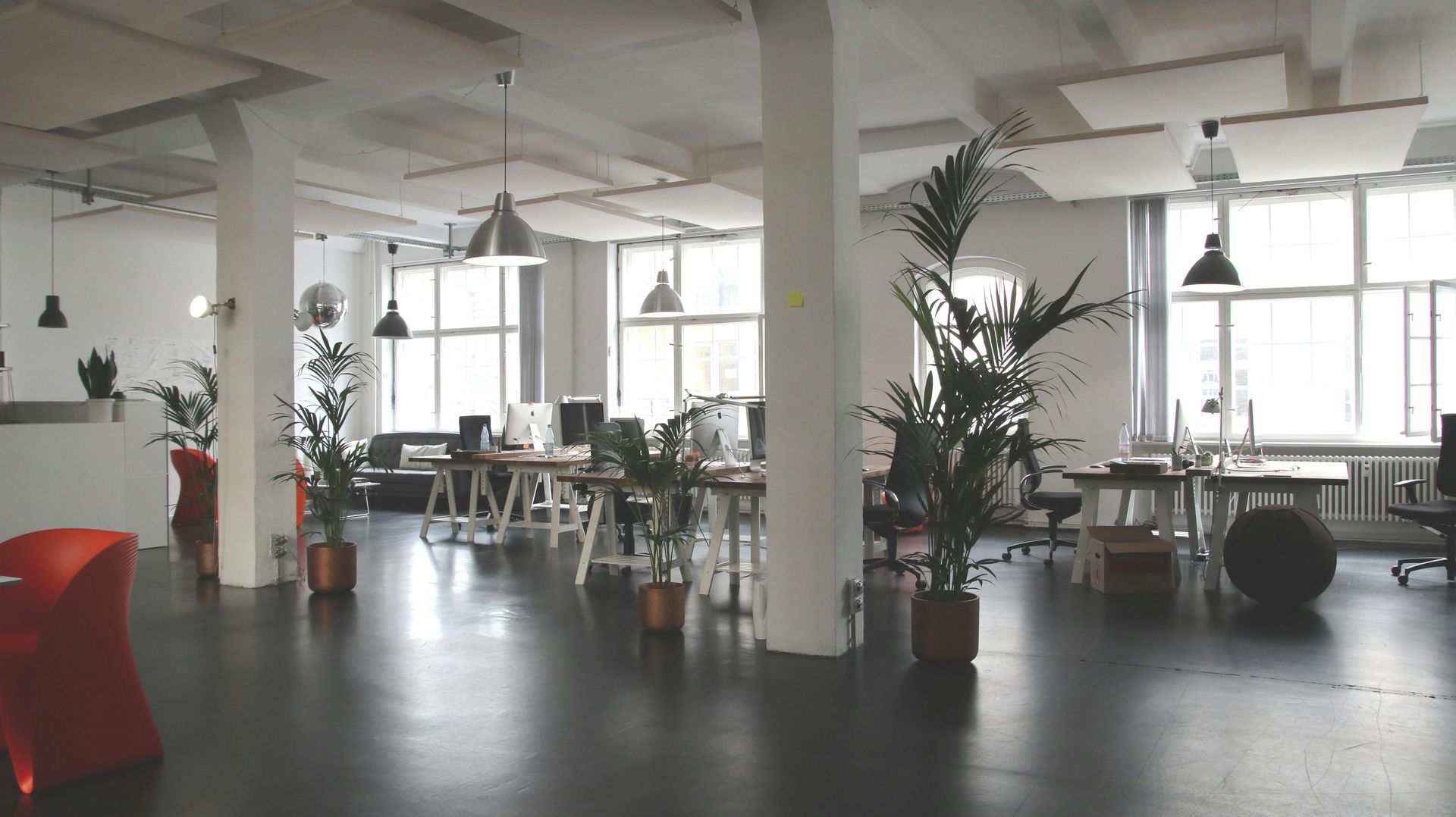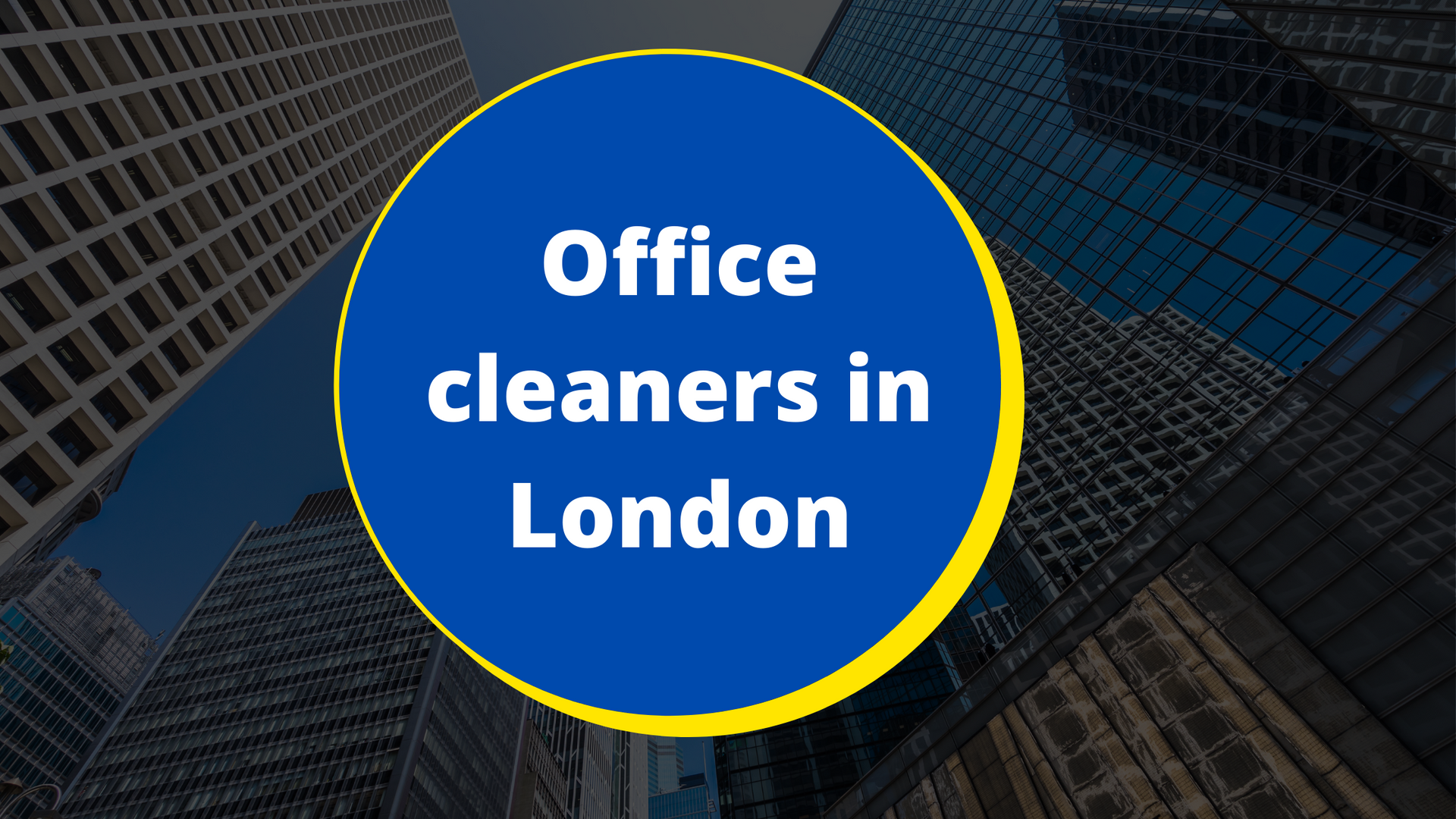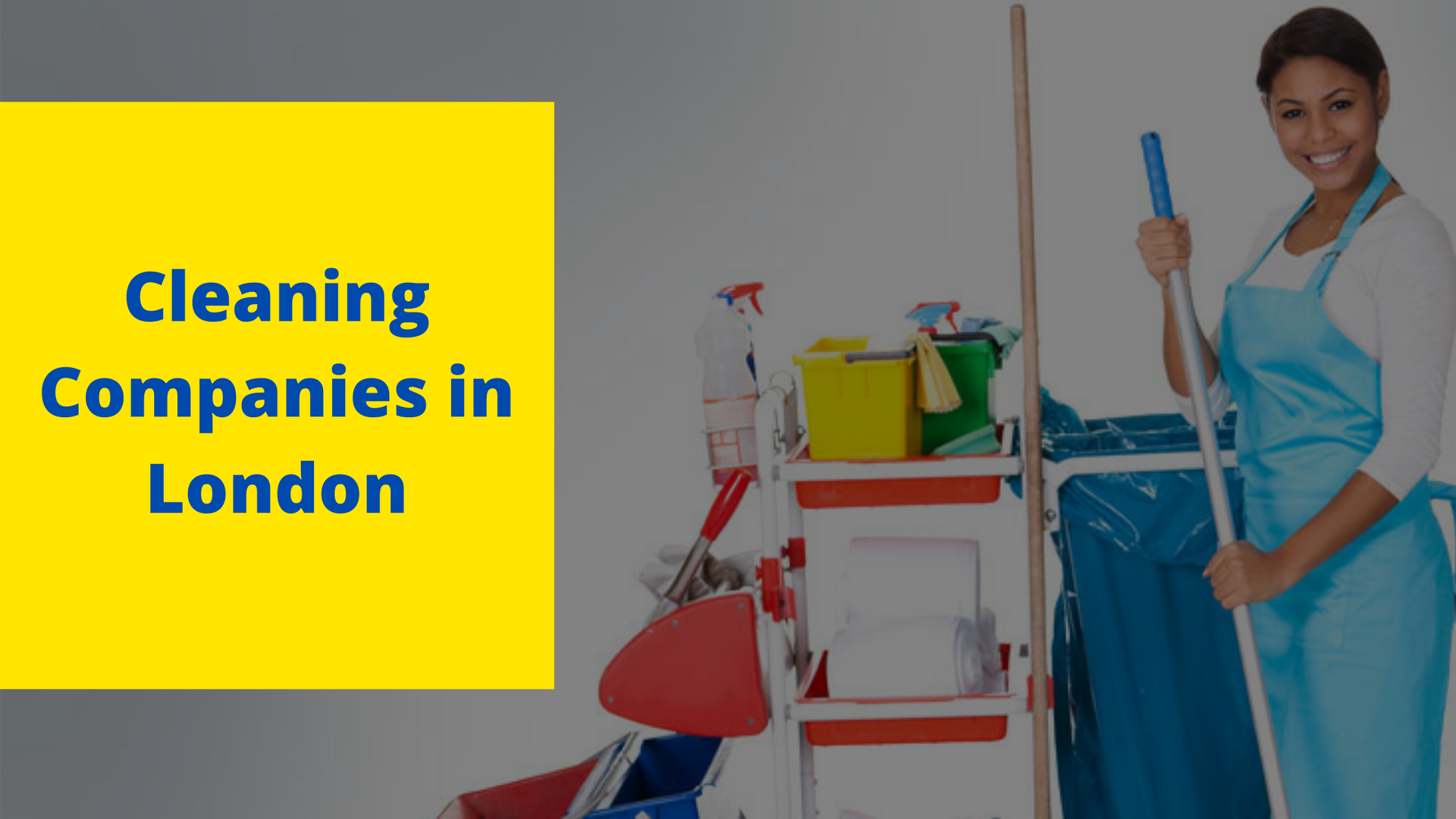Why Regular Cleaning is Crucial for Workplace Health and Safety Compliance
Maintaining a clean and hygienic workplace is not just about aesthetics—it’s a fundamental requirement for health and safety compliance. In London, businesses must adhere to strict health and safety regulations to protect employees and visitors from potential hazards. Regular cleaning plays a vital role in meeting these standards, preventing the spread of illness, and ensuring a safe working environment.
1. Preventing the Spread of Illness
Workplaces are shared spaces where bacteria and viruses can spread quickly, leading to increased absenteeism. Commonly touched surfaces like desks, door handles, and communal areas can become breeding grounds for germs if not regularly disinfected.
How Regular Cleaning Helps:
· Reduces the risk of illnesses such as colds, flu, and stomach bugs.
· Promotes employee well-being and reduces sick days.
· Encourages a healthier, more productive workforce.
2. Meeting Health and Safety Regulations
The Health and Safety at Work Act 1974 requires employers to provide a safe and healthy working environment. Poor hygiene can lead to compliance violations, which may result in fines, legal action, or reputational damage.
Key Compliance Areas:
· Regular cleaning and sanitisation of workstations and communal areas.
· Proper waste management to prevent pest infestations.
· Ensuring restrooms and kitchen areas meet hygiene standards.
3. Enhancing Workplace Safety
A cluttered and dirty workplace can lead to accidents such as slips, trips, and falls. Dust and debris can also pose respiratory hazards, particularly in offices, warehouses, and industrial settings.
How Regular Cleaning Helps:
· Keeps floors, stairways, and walkways free from hazards.
· Reduces dust and allergens that can affect air quality and employee health.
· Ensures that emergency exits and safety equipment remain accessible.
4. Boosting Employee Morale and Productivity
A well-maintained workplace creates a positive impression and improves employee satisfaction. Studies show that clean work environments enhance focus and motivation, leading to increased efficiency.
Key Benefits:
· Creates a welcoming and professional atmosphere.
· Encourages employees to take pride in their workplace.
· Enhances customer perception for businesses with client-facing spaces.
5. Protecting Equipment and Facilities
Dust and dirt buildup can damage office equipment, computers, and HVAC systems, leading to costly repairs or replacements. Regular cleaning helps extend the lifespan of business assets.
Maintenance Tips:
· Keep electronic devices dust-free to prevent overheating.
· Clean ventilation systems to maintain indoor air quality.
· Regularly sanitise shared office equipment such as printers and phones.
Regular cleaning is more than just a routine task—it is essential for workplace health and safety compliance. Investing in professional cleaning services not only protects employees but also ensures that businesses meet regulatory requirements and maintain a positive work environment.




